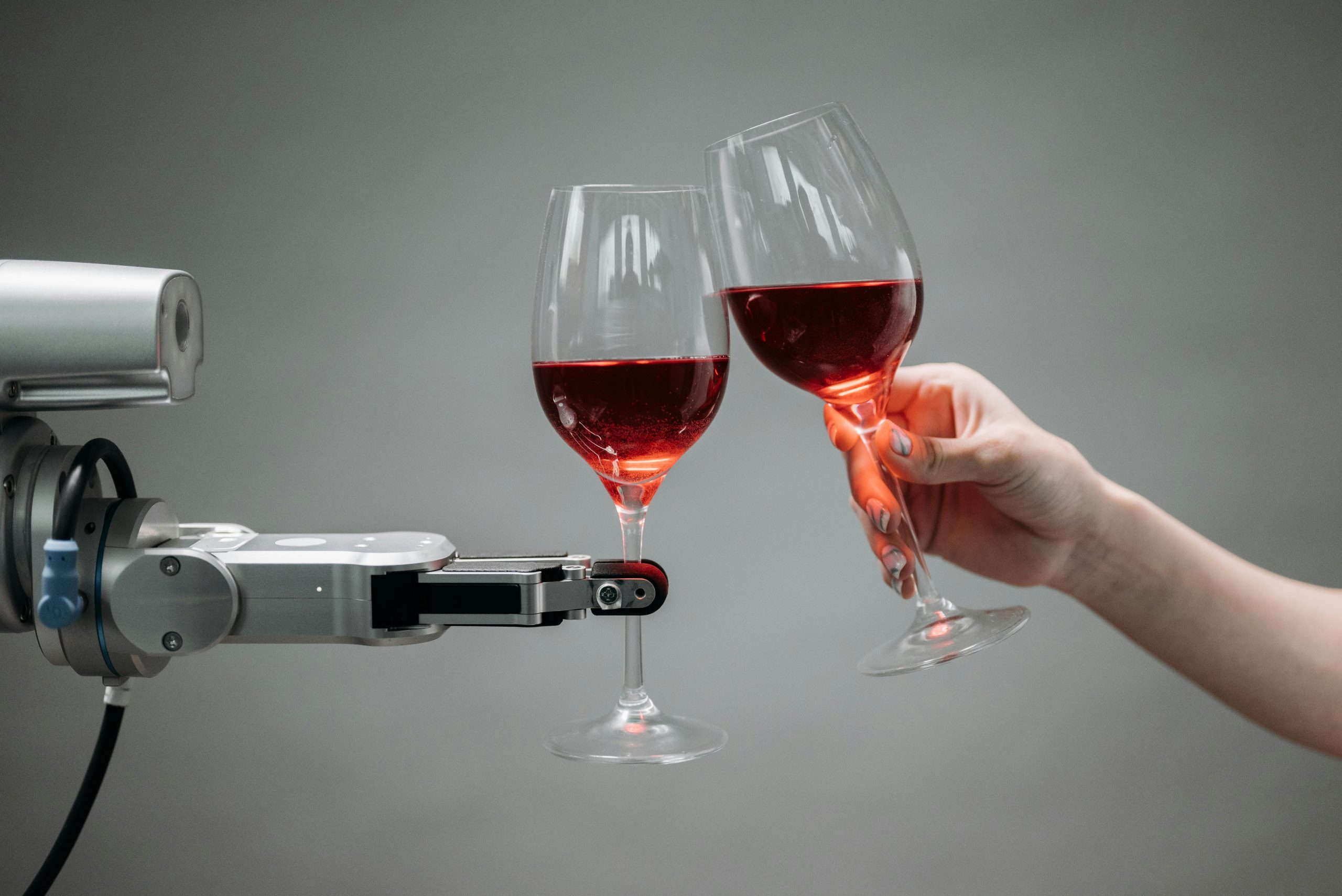Building a Personal Brand in the Tourism Industry: Keys to Professional Success
I want to start by highlighting that, if I had to explain in a few words what personal branding, is, I would say it is the positioning and impression we leave on people. In other words, what do people think of when they hear my name? What topics do they associate me with? What needs would they come to me for? These key questions help define your personal brand. With this clarified, I want to emphasize that nowadays, working on our personal brand, regardless of the sector you are in, is essential not only for positioning but also for marketing your skills and aptitudes, which benefits the services or products you represent, whether you are an entrepreneur or an employee. In the tourism sector, where the customer experience is paramount, a strong personal brand not only positions you as an authority in the field but also allows you to connect more meaningfully with your audience and stakeholders, generating valuable connections. Whether you are an investor, entrepreneur, or founder of a new project, having a well-defined personal brand will be useful for attracting clients and partners, thanks to the connection that this strategic group of people can provide. Working on your personal brand not only
Artificial Intelligence in the Kitchen: How It’s Changing the Future of Gastronomy
The future of gastronomy is being transformed by artificial intelligence (AI), a change that manifests in multiple ways. From haute cuisine to fast-food restaurants, AI is reshaping how we prepare and experience food. Innovation in Haute Cuisine: Renowned chefs, like Andoni Luis Aduriz of Mugaritz restaurant, are employing AI to create new flavor and texture combinations. Thanks to machine learning algorithms, it's possible to explore unprecedented combinations that enrich gastronomy with innovations and unparalleled culinary experiences. Efficiency in fast cooking: The automation of processes and customization of menu recommendations through self-service kiosks are just a few examples of how AI is enhancing efficiency in fast-food restaurants. Supply chain management and food traceability are also key areas where AI is making a difference, ensuring quality and reducing waste. Cutting-edge cooking techniques: AI has enabled the implementation of advanced techniques like sous vide and low-temperature vacuum cooking. These methods allow for cooking food at precise temperatures, guaranteeing consistent results and intense flavors. Additionally, AI-powered kitchen robots are assisting in complex tasks, facilitating chefs' experimentation with innovative flavors and textures. Personalization of the gastronomic experience: AI is enabling unprecedented customization in the culinary experience. From menus tailored to individual dietary preferences and needs to facial recognition of


